Last week’s adoption of the three EU proposals on Anti-Money Laundering and Countering the Financing of Terrorism (AML/CFT) – the AML Regulation, the sixth AML Directive (AMLD) and the regulation establishing an EU-wide AML Authority (AMLA) – by the Economic and Monetary Affairs Committee of the EU Parliament are a step closer towards achieving a greater level of harmonization and convergence in the enforcement of AML/CFT rules across the EU. The AMLR, together with the Transfer of Funds Regulation that was finalized in late 2022, will also bring crypto-asset service providers into the scope of obliged entities.
The Digital Currencies Governance Group (DCGG), which represents some of the largest crypto players in the industry, supports the EP’s efforts in making sure that it is fit-for-purpose. However, we are concerned that some of the amendments approved by the EP committee would lead to negative implications for the functioning of the sector and suggest the following recommendations ahead of the interinstitutional Trilogue on AMLR:
- DeFi arrangements and NFT service providers should not be listed as obliged entities under this Regulation. In order for AMLR to be consistent with existing regulatory frameworks such as MiCA, DeFi and NFTs should be excluded from the list of obliged entities, as such platforms are not defined as CASPs under MiCA. Consistency is crucial for regulatory clarity.
- Proportionate verification requirements for transactions to and from self-hosted wallets are needed to ensure the administrative burden placed on obliged entities (CASPs) is not overwhelming, especially in light of how Blockchain technology works.
- The requirements related to relationships with third country CASPs proposed in the EP text are too onerous and burdensome for obliged entities in light of how Blockchain technology works, considering the inherent cross-border nature of these platforms, and the fact that no formal business relationships between CASPs exist to allow obliged entities to perform the obligations outlined in the AMLR proposal.
- The proposed Article 59a on on the limits on payment transactions to and from unidentified self-hosted wallets would pose a significant administrative burden on reporting entities, and goes against the very principle of decentralization.
We support the Commission and Council’s positions of not including such provisions within the AMLR for the purpose.

